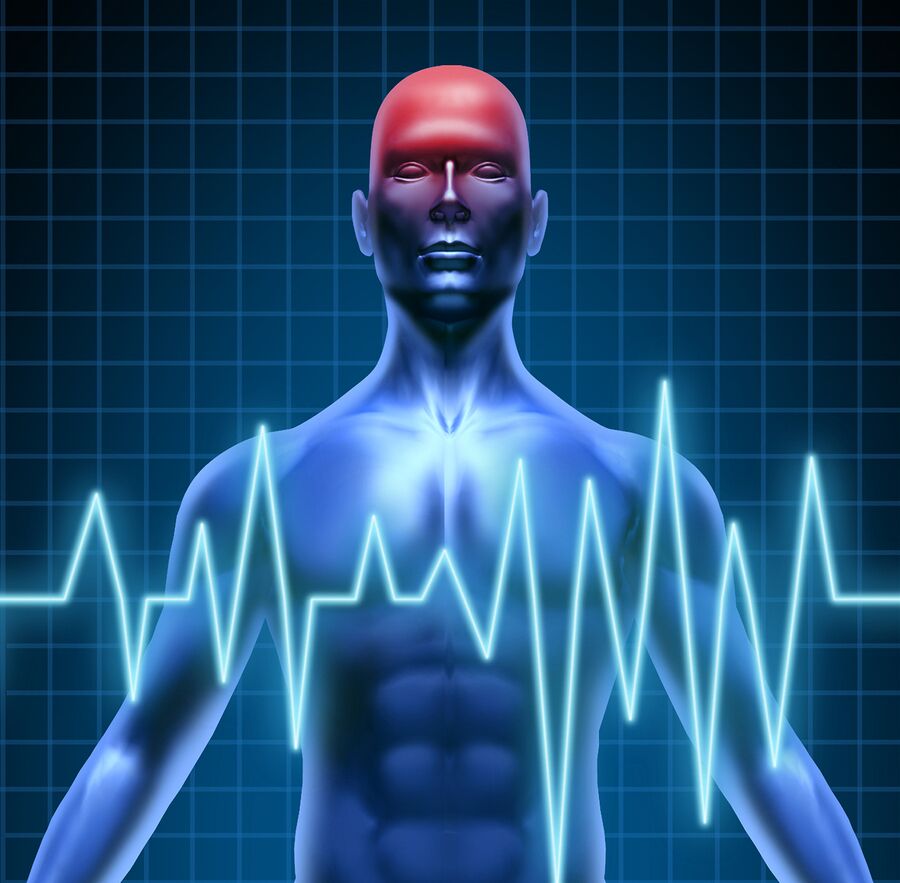It is important to know the signs of a stroke, so your senior receiving elder care at home will have the best chance of recovery should they be stricken with one. Pay attention to visible signs as well as any suspicious reports from their caregivers, and know what to do if a stroke should occur.

What is a stroke?
When something changes how blood flows through the brain, it’s called a stroke, which is the fourth leading cause of death in the United States and also leads to more serious long-term disabilities than any other disease.
There are two major types of stroke:
Ischemic- This is the most common type, which is caused by a blood clot or the narrowing of an artery that leads to the brain. Blockages for these kinds of strokes can be caused by the formation of a clot within a blood vessel of the brain or neck, movement of a clot from another area of the body, or the severe narrowing of an artery due to fatty deposits along the blood vessel walls.
Hemorrhagic- The second type of stroke occurs when a broken blood vessel causes bleeding in the brain, stopping oxygen and nutrients from reaching the brain cells.
Who is at risk?
Seniors are at higher risk of having a stroke. There are other factors, such as lifestyle and health that can also affect your risk for stroke.
Being obese, having an improper diet high in salt and saturated fats, substance or alcohol abuse, and smoking all increase your risk.
You are also at higher risk for having a stroke if you have high blood pressure, atrial fibrillation, diabetes, a family history of stroke, heart disease, certain circulation problems, or if you have previously had a stroke yourself.
What are the signs?
- Numbness or weakness usually to one side of the body, including the face, arms, or legs
- Vision problems in one or both eyes
- Sudden confusion or inability to speak or to understand
- Sudden loss of balance or trouble walking
- Sudden dizziness
- Sudden and severe headache
- Double vision, drowsiness, and nausea or vomiting
- Problems with swallowing
Sometimes the symptoms a person experiences only last a few minutes before disappearing, which could be called a mini-stroke, or a transient ischemic attack (TIA). If your senior receiving elder care at home describes signs or shows symptoms of a TIA, you need to get them medical help immediately. A TIA can be a precursor to a larger, more deadly stroke just hours or days away in some cases.
Some people make a full recovery soon after a stroke, while others take months or even years to recover. The part of the brain that is damaged as a result of the stroke determines how it affects the person afterward. Occupational and physical therapy, which can be added to your senior’s elder care routine at home, as well as certain medications, are all options for treatment after a stroke has affected your loved one.
If you or an aging loved one are considering hiring a Caregiver in Braintree, MA, call the caring staff at Rivers of Hope today at 508-857-0629. Providing Independent, Dependent, and Companion Care Services in Brockton, Boston, Braintree, Avon Randolph, Abington, and the surrounding areas. riversofhopes.com
Source:
Webmd.com
Healthinaging.org
Nia.nih.gov




